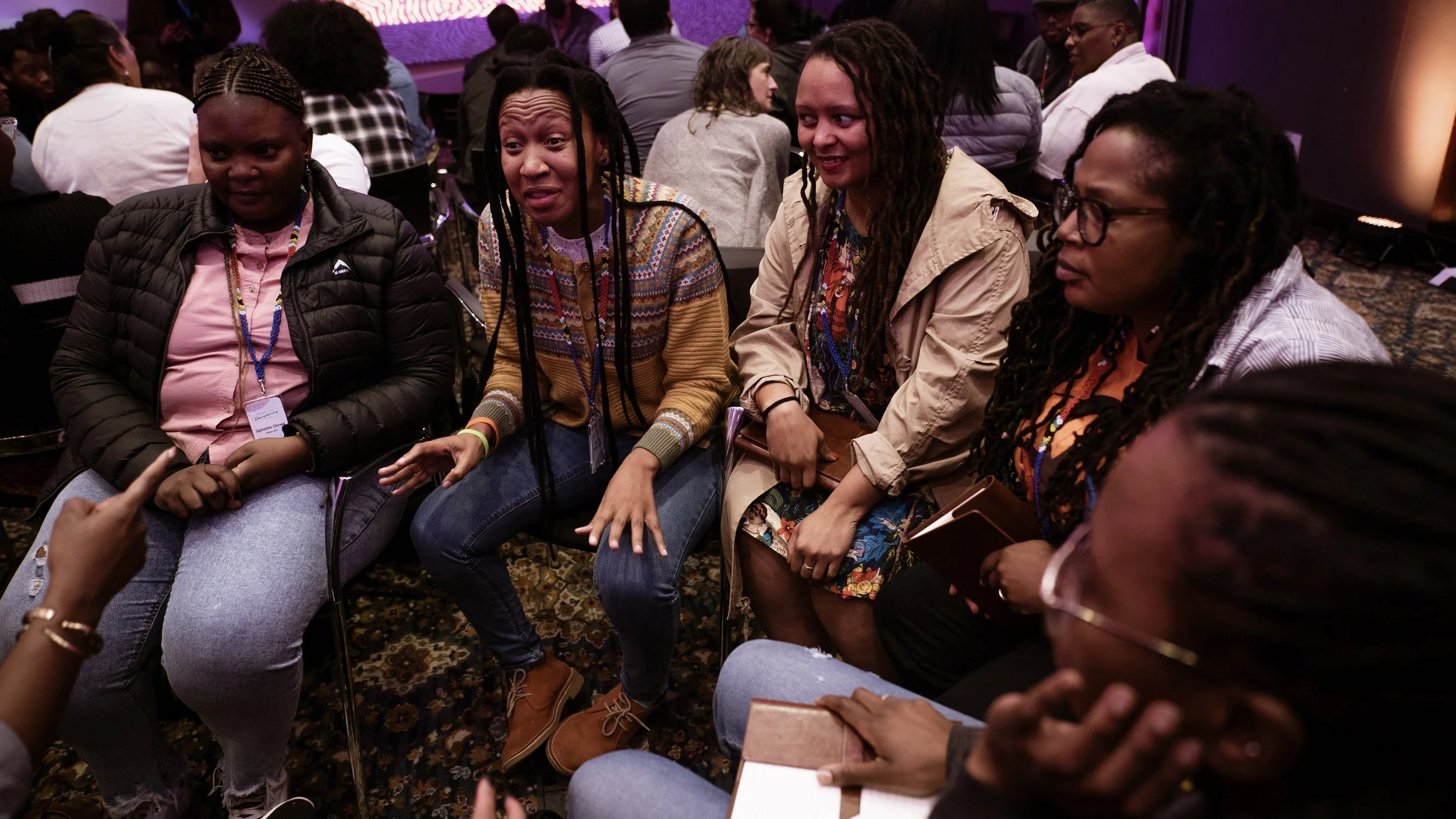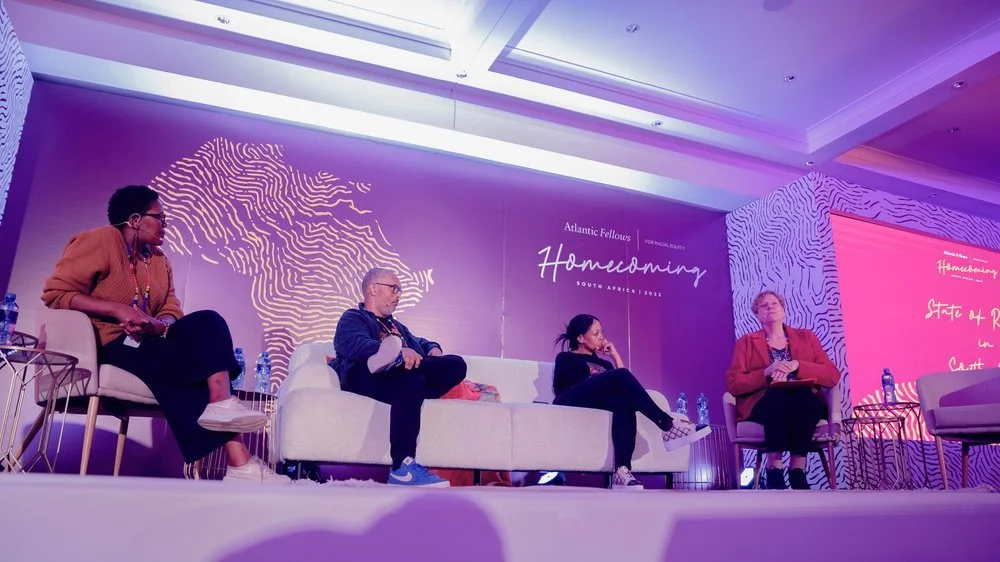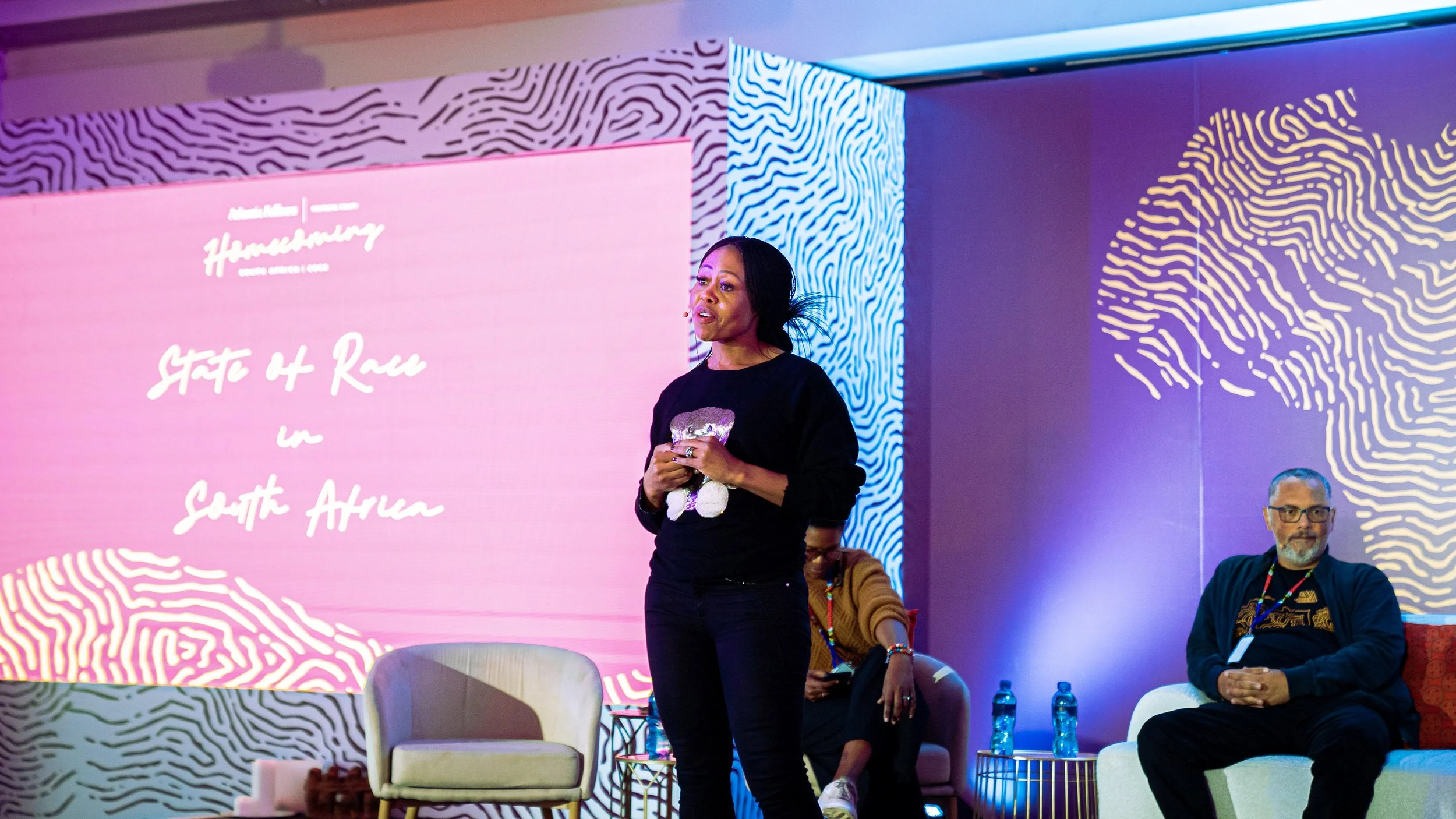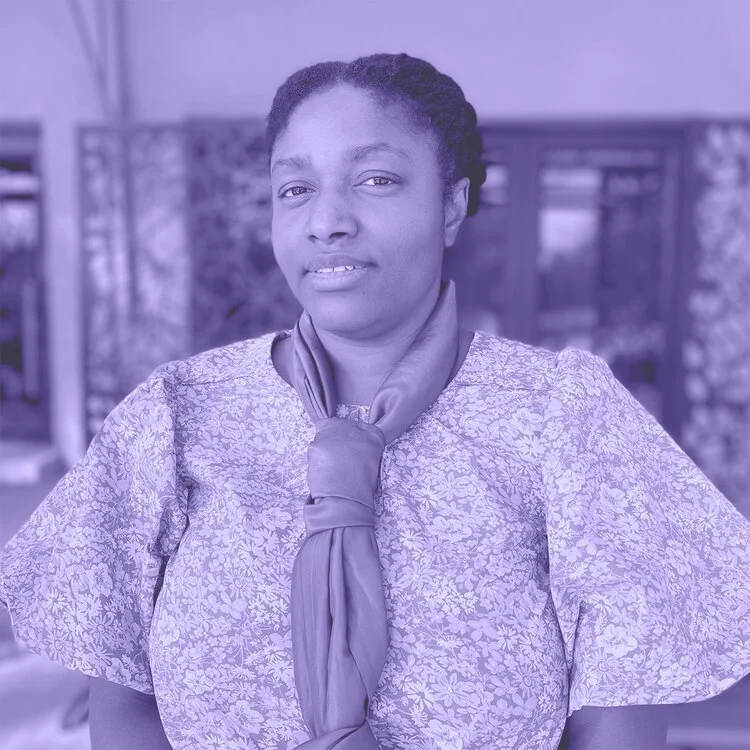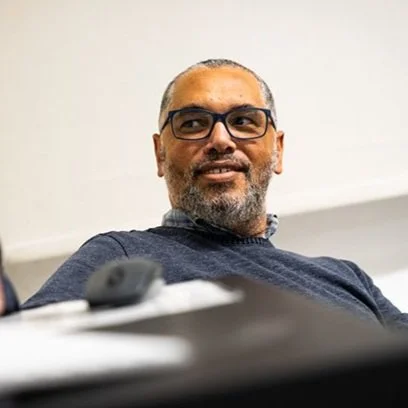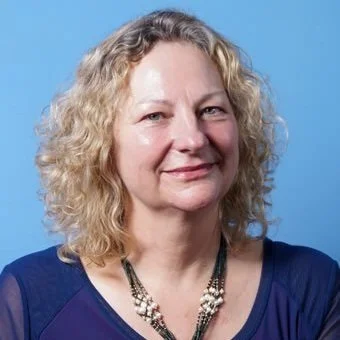For Freedom Day 2023, we're sharing a conversation about the State of Race in South Africa.
The panel featured AFRE Board Members Redi Tlhabi, a leading South African broadcast journalist; Sean Jacobs, Founder-Editor of Africa Is A Country and Associate Professor of International Relations at the New School, and Mandisa Dyantyi, Research & Urban Studio Coordinator at University of Pretoria's Centre for Faith and Community, who was, until recently, director of the grassroots movement organisation, Social Justice Coalition.
Joining them were scholars Victoria J. Collis-Buthelezi, who directs the University of Johannesburg's Centre for the Study of Race Gender, and Melissa Steyn, who studies whiteness in South Africa and directs the University of Witwatersrand's Wits Centre for Diversity Studies.
Throughout their conversation, these panellists explored the viability of non-racialism as an ideal, identify the intertwined character of race and class dynamics in making sense of South African political realities, and alternatives to the political parties that currently shape electoral politics.
Click below to watch the panel video.
Key Takeaways
What we lose when we focus on class alone
"Does race still matter in South Africa?" broadcast journalist and moderator Redi Tlhabi asked to begin the conversation. Implicit in her question is the ongoing debate about whether class is a more meaningful frame than race for making sense of inequality and barriers to quality of life in a predominantly Black South Africa.
Panellists responded by pointing to the relationship between race and class. "Race and class are intimately tied in South Africa," said Sean Jacobs, who grew up in Cape Town's townships.
Melissa Steyn offered insights from decolonial theory about the quality of the relationship between race and class. "One of the most significant contributions of decolonial theory, which arises from the experiences of colonised people, says, 'our experience of being racialised is right at the heart of how we understand our position in the world and we understand that we are in this class position because we are Black'," she said.
Steyn, whose research examines the realities of whiteness in South Africa, observed that solely focusing on class obscures the privilege of whiteness.
A case for Black Studies in the South African academy
Like Sean and Melissa, Victoria J. Collis-Buthelezi, also pointed to the importance of engaging with race in making sense of South African life, particularly in academic contexts.
She recalled encountering the tendency to cast race and class as mutually exclusive points of analysis in certain academic settings. "I found myself having to push past a liberal-Marxist consensus that is comfortable talking about class but is very uncomfortable with race and gender," she said.
She reflected on the movement in the academy, from students, faculty and beyond, calling for space to articulate visions shaped by one’s identity. She also referenced the case for the liberatory work of Black Studies in South Africa made as far back as the 1970s.
Victoria previously laid out this historical trajectory in a 2017 paper where she writes, "The use of a Black Studies approach… [to] unpack the lived reality of contemporary South Africans, cognizant of the past as well as other 'nows' of blackness, may provide what we need to plot a new course."
Non-racialism remains viable
Close to the debate about race and class is also a question about the viability of non-racialism in South African politics. “In a non-racial society, race would not be determining of life circumstances and life opportunities,” Melissa said, clarifying the central idea of non-racialism. It's an old concept in South African political life, written into the 1994 constitution and rooted, in part, in the decades-long, multiracial character of the movement to end Apartheid.
Non-racialism's popularity has waned as the dividends of freedom remain elusive, particularly those that make material changes in the quality of life for most Black South Africans. Nevertheless, Sean observed, it would be unfair to throw out non-racialism as an ideal given that South Africa has only had 29 years to test and build strategies toward a non-racial society.
Agreeing with Sean, Melissa said that non-racialism has come to be conflated with colour blindness. "[Non-racialism and colour blindness] are completely different concepts with completely different historical trajectories," she said, "but the power of whiteness is that it's been able to re-spin non-racialism into colour blindness. We mustn't allow that."
Social movements can transform electoral politics
It is important not to abdicate our leadership and visions to people whose political ambitions are larger than their commitment to the interests of communities, Mandisa Dyantyi noted, reflecting on the need to transform electoral politics.
She recalled the grassroots character of the anti-Apartheid struggle, which was driven by people in churches, mosques, schools, and street committees. In the years since, a political class has emerged with interests that are persistently misaligned with those of grassroots organisers who are pushing for better access to quality housing, healthcare, education, public safety and jobs.
These grassroots organisers, Mandisa argued, have the potential to transform electoral politics. “There are all sorts of expressions of the leadership that we want to see [in electoral politics] within our communities. How about we nurture those?” she asked.
Panellists
victoria j. collis-buthelezi
Director,
Centre for the Study of Race, Gender and Class
University of Johannesburg
Victoria J. Collis-Buthelezi is an associate professor in English at the University of Johannesburg, and director of the University of Johannesburg’s Centre for the Study of Race, Gender and Class.
Her research interests include Black intellectual history as well as Caribbean, African, and African American literatures. She has published in several international journals such as Small Axe, Callaloo, and The Black Scholar, in which she co-edited a special issue on “Black Studies in South Africa.” Collis-Buthelezi is a member of the Other Universals Collective, a consortium of scholars in South Africa, Ghana, Ethiopia, Barbados and Lebanon committed to exploring intellectual histories of exchange across Africa, the Caribbean, the Middle East and South Asia.
MANDISA DYANTYI
Research and Urban Studio Coordinator
Centre for Faith and Community
University of Pretoria
Mandisa Dyantyi is research and urban studio coordinator at the Centre for Faith and Community at University of Pretoria.
She previously served as director at the Social Justice Coalition (SJC), a membership-based social movement with 17 branches across Khayelitsha, Kraaifontein, Crossroads, and Gugulethu in Cape Town. With over 2500 members mainly living in informal settlements, SJC campaigns draw on research, education, and advocacy to organise for the rights of informal settlement residents to dignity, equality, and justice. Prior to SJC, Mandisa worked at the South African Network on Inequality at the Economic Justice Network, and at the Catholic Parliamentary Liaison Office.
sEAN JACOBS
Founder and Editor, Africa Is A Country
Associate Professor of International Relations, The New School
MELISSA STEYN
Director,
Wits Centre for Diversity Studies
University of Witwatersrand
Sean Jacobs is associate professor of international affairs at the Julien J. Studley Graduate Programs in International Affairs at The New School. He is founder and editor of Africa is a Country, a site of criticism, analysis and new writing. His book, Media in Postapartheid South Africa: Postcolonial Politics in the Age of Globalization, was published in 2019.
Redi tlhabi
Broadcast Journalist, Producer and Author
Redi Tlhabi is an award-winning author and journalist. She currently works at the BBC World Service Radio, where she presents global news, current affairs and anchors compelling interviews. She was the host of Africa’s premier current affairs television program, The Big Debate, and is a household name in South African broadcasting. Redi identifies as a fearless feminist writer and her award-winning books tell stories of strong women who have survived sexual violence and are often failed by society and the law.
Melissa Steyn is the founding director of the Wits Centre for Diversity Studies. She is best known for her publications on whiteness and white identity in post-Apartheid South Africa. Her book, Whiteness just isn’t what it used to be: White identity in a changing South Africa won the 2002 Outstanding Scholarship Award in International and Intercultural Communication from the National Communication Association (US). Her work includes six (co)edited books on race, culture, gender and sexuality.


